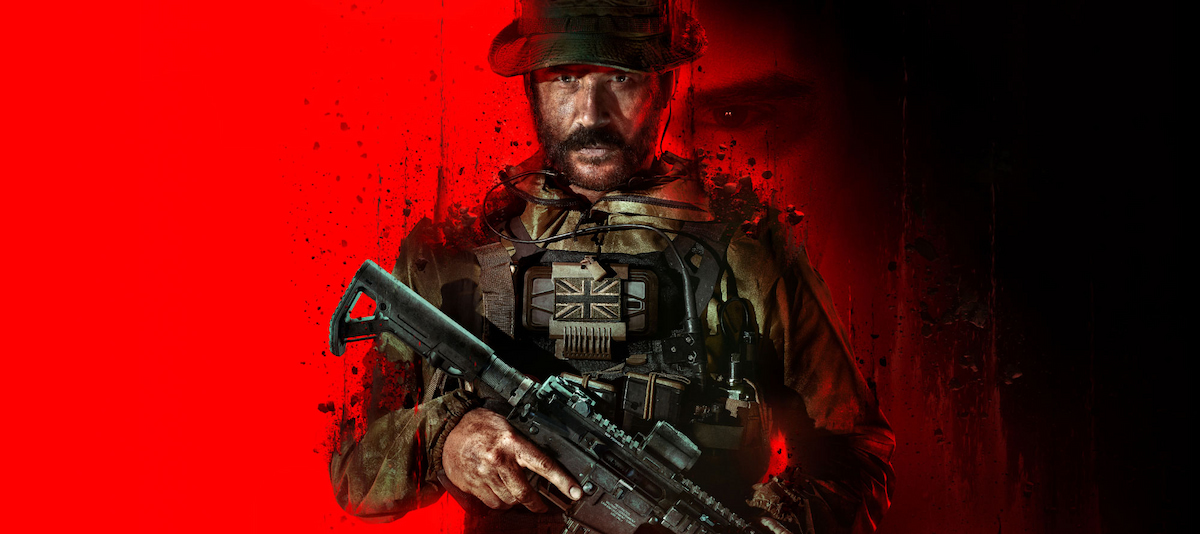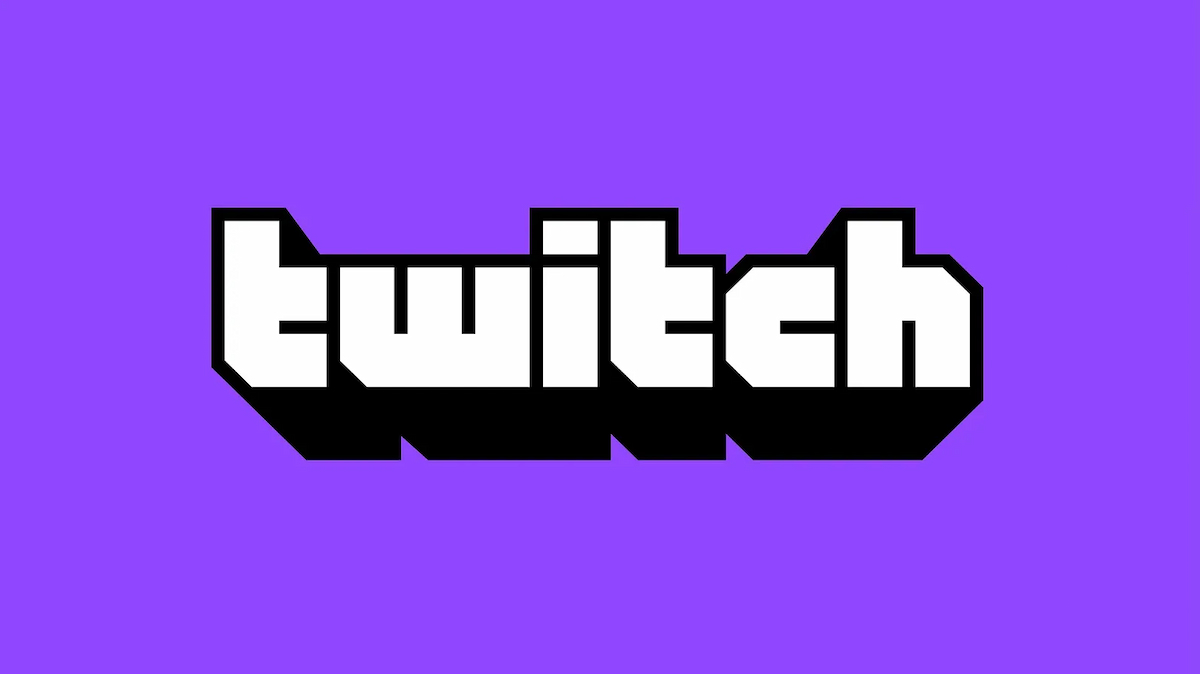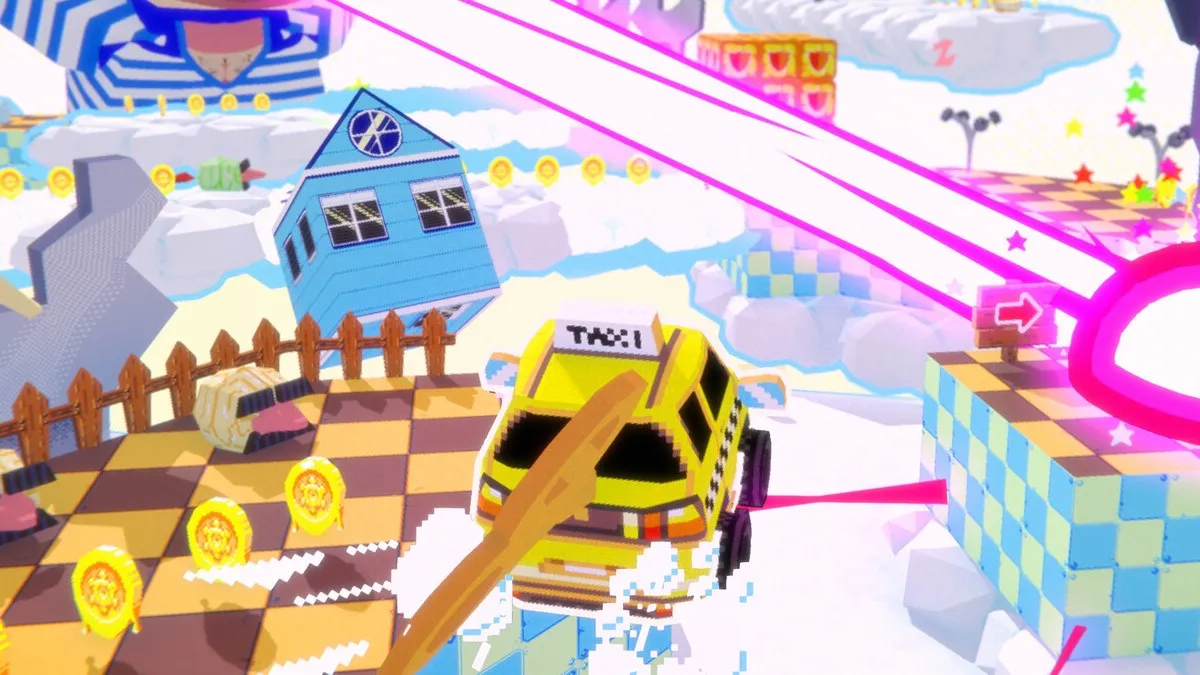When Ubisoft showed Tom Clancy’s The Division to the world, it was touted as a massively multiplayer online shooter. That sounds a bit like Bungie’s latest FPS, Destiny. While both titles share aspects of a massively multiplayer online game (MMOG), Destiny still has room to potentially grow. With the similarities between Destiny and The Division, will Ubisoft’s upcoming title end up fairing better? Join us as we take a closer look at how these titles are similar and what that means for fans of The Division.
What a lot of players had issue with when it comes to Destiny was also one of the few aspects of the game that closely resembled an MMORPG. You have to grind the same raids over and over to receive endgame loot. Destiny and The Division both share this endgame grind. The drop rate on items from raids isn’t based on in-game achievements. Instead it’s almost completely random, which means someone can easily be carried through an instance, only to get the best drop. Meanwhile, the player with the highest KD ratio goes home with nothing.
There are a good number of players who expressed frustration with the endgame activities in Destiny. Most MMO titles avoid these problems by offering a wide variety of endgame activities that continue to grow as the game matures. As with any MMO, the goal is to have people playing as long as possible.
To help entice people to play and make things more interesting, Destiny includes a social area known as The Tower. In this area the game changes to a third-person perspective and players can interact with anyone else online at the time. This is exactly how traditional MMORPG titles work, but this is the only area in Destiny where you can interact with a large group of players at once. In many cases you’re restricted to your individual party, or you’re playing PvP against a limited number of players, similar to the multiplayer in FPS games.
If we take a look at The Division, we can see quite a few similarities. The upcoming adventure offers a social hub similar to The Tower in Destiny. In this area players interact with anyone else online at the time. Just like Destiny, this is the only time players will be able to interact with a large number of people who aren’t in their immediate party or playing in Dark Zone PvP areas (which are limited in number); Dark Zones are similar to the Crucible PvP arena in Destiny.
One of the differences in the PvP between Destiny and The Division is that in Destiny, you load into the arena like you would in a normal FPS. When you enter a Dark Zone in The Division, you’re not immediately thrust into a PvP match. Instead you’ll encounter other players and have the option to engage them or continue on your journey. The Dark Zone and social hub areas are the only time you’ll run into players who are not in your party.
Ubisoft has plans to make people want to play The Division endlessly. Once a player reaches the endgame portion, they’ll be able to upgrade their weaponry and obtain new items and weapons. There’s no classification on the gear you receive from endgame activities like there is in Destiny. You won’t gun for legendary gear. Instead you’ll be able to upgrade your weapons to create more powerful versions that give you less recoil, faster reload times and other enhancements.
One thing lacking in Destiny is a healing class. While healers aren’t typical in shooters (aside from medics), Ubisoft will use the holy trinity for The Division. For those unfamiliar with MMORPGs, the holy trinity is a system designed around three main classes: tank, damage dealer and healer. When translated into a shooter, expect a class type that focuses on high damage output (explosive rounds, high-powered rifles, etc.), a heavily armored class that can soak up damage in a gun fight and some sort of medic or support class.
While it won’t be mandatory to have all three classes in your party, it will be advantageous and rewarding to do so. The challenges in the game are designed to push players to their limits, which means that well-balanced parties will perform better than parties made of all damage dealers or tanks. Either way you go about it, there’s more variety here than what was found in Destiny and that’s exactly what Ubisoft hopes for.
Prima Games will have more in-depth coverage of The Division throughout 2015.




